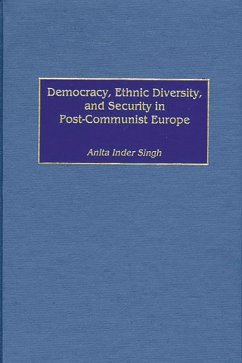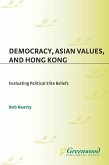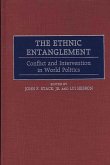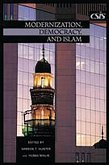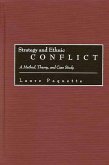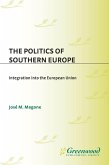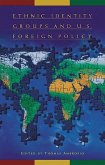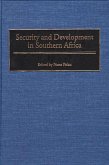Inder Singh examines why international organizations including the UN, OSCE, and Council of Europe advocated democratic governance, based on the rule of law and respect for human and minority rights, as the method by which states should try to accommodate their ethnically mixed populations. She discusses how realistic this advice has been, given the tension between the principle of the sovereignty of states and their international obligations, and the extent to which democratization had made for ethnic and political stability in post-communist Europe.
Inder Singh demonstrates that this advocacy of democracy to handle ethnic diversity questions the perception of nationalism as a cause of war and disorder. This pathbreaking study will be of appeal to academics and policy makers interested in how the management of ethnic diversity through democracy can enhance domestic and international security.
Inder Singh demonstrates that this advocacy of democracy to handle ethnic diversity questions the perception of nationalism as a cause of war and disorder. This pathbreaking study will be of appeal to academics and policy makers interested in how the management of ethnic diversity through democracy can enhance domestic and international security.

